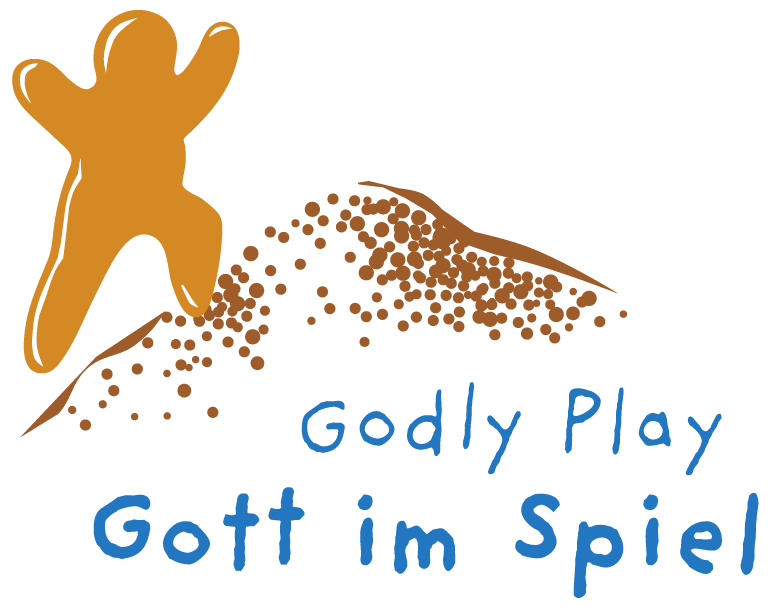Christian Kahrs
From the Question of God to the Presentation and Imagination of God
An Essay about Godly Play as a Critique of Protestant Religious Education
The essay argues that current Protestant theory of religious education focussing on the child has a black spot concerning the understanding of church and its tradition. The essay emphasizes that Godly Play should be studied to find out how religious education may deal with tradition.
Under the conditions of modernity the question of God has to be approached in a fundamentally new way because there are not any longer sure answers to the question. Referring to this point the essay gives a brief overview of the theory of Protestant religious education with the intention to see if Godly Play fits in or not. The result is that in Godly Play as well as in the Protestant theory of religious education there are two main and interrelated topics: relativity of the historic and hermeneutics of the presence. But in the center of this there is an irritation about the relationship between the individual (resp. child) and the institution (resp. church and its tradition). From a Protestant point of view Godly Play – even if the theme of the lesson is taken from the Bible – occurs as ecclesiastical, which raises the classical inter-confessional question: Is church the condition of becoming aware of God? Or does the awareness of God (in the Bible) create something we call church? The essay argues that awareness of God is in a constitutional way correlated to the performance of God (getting-to-know God through the presentation of God). Performance makes ideas. Presentations which introduce God to people generate imagination and ideas. In this respect church is a culturally elaborated way of “presenting“ or „performing” God. Didactic settings in which the question of God is posed can benefit from such “presentation” of God in generate awareness of God in the first place. That obviously is what Godly Play is about. And therefore: discussing Godly Play as a critique of Protestant religious education is to discuss in which sense “church” and “children” are two sides of the same medal. Theory of religious education should learn from Godly Play and discuss what may be the best reference of the childrens and of everybodies God Creating Play.
